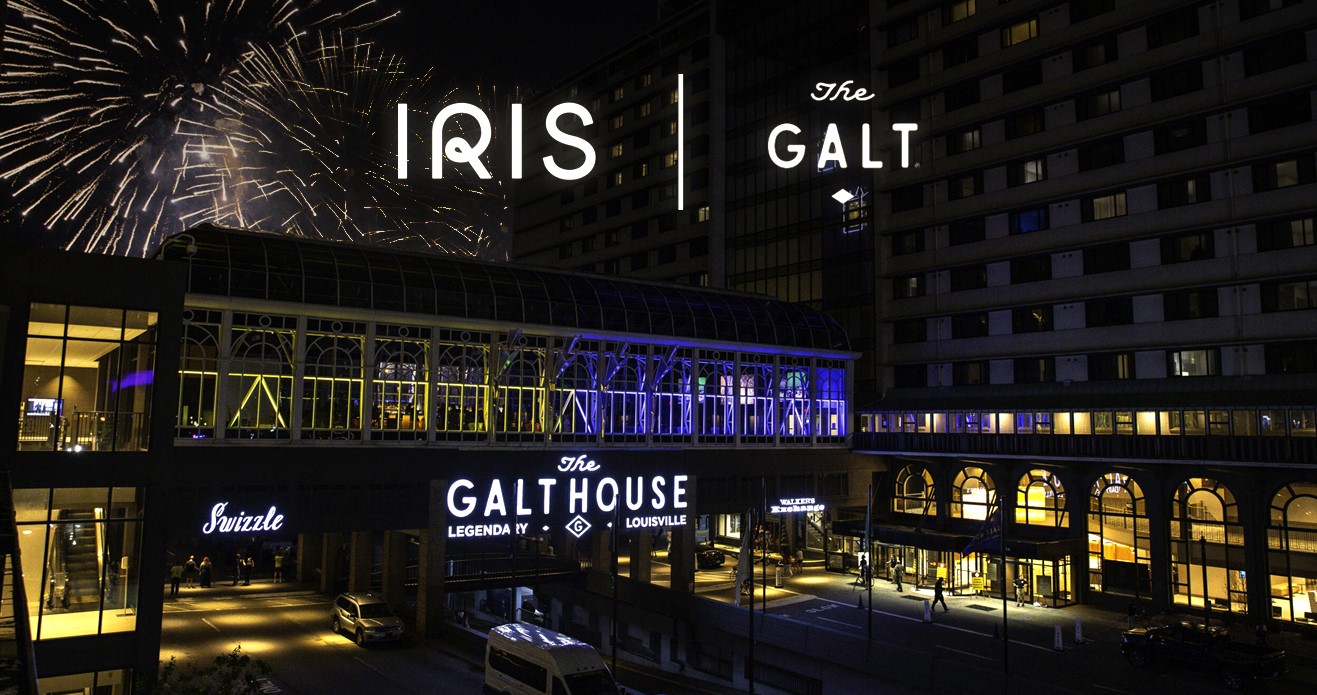

In the ever-evolving landscape of the hospitality industry, expectations are undergoing a profound transformation. While leisure travel is making a gradual comeback, it represents only a fraction of a hotel's revenue. In contrast, group business remains a cornerstone and a crucial driver of profits. The resurgence of group bookings across various segments has placed us in a unique phase where group business stands as the most dependable revenue stream for hoteliers, extending through 2024 and likely beyond. This steadiness safeguards their income against the fluctuations in rates and corporate travel.
Meetings have not only returned but have shown remarkable strength, reaching approximately 92 percent of pre-pandemic levels in Q2 2023. Notably, July witnessed an impressive 22 percent surge in meeting and event bookings compared to the previous year.
To fortify hotel profitability, crafting a commercial strategy for 2024 that prioritizes the growth of group business is imperative. The pace of recovery in the industry, particularly in the realm of group events, has outpaced expectations. Those who have grown complacent, relying solely on leisure travel, are in for a wake-up call. If it isn't already, group business should now be a central focus for hotel leaders.
Group Business as a Pillar of Revenue Stability–But Embrace Change
We understand that meetings and events provide a solid foundation for revenue stability, and when combined with increased rates, they boost both actualized group room revenue and event activity. Since early 2022, the trend of increasing group business has instilled optimism, especially regarding future occupancy and revenue in the latter half of 2023, extending into 2024 and beyond.
Hoteliers are capitalizing on advanced group bookings while identifying opportunities to capture short-term transient demand. Corporate meetings consistently outperform other segments, constituting 62 percent of events held in Q2 2023. Consequently, gaining a deeper understanding of the composition and growth of group segments and sub-segments broadens the scope for sales.
To gain a broader perspective, looking beyond traditional industries to identify sub-segments with significant growth since 2019 is crucial. For example, sports entertainment experienced a 75 percent surge, while urban infrastructure grew by 50 percent compared to 2019.
Events are becoming smaller and more extended. The statistics from Q2 2023 are evident. Smaller meetings (less than 25 people) have increased as a percentage of events, accounting for nine percent of total volume. Meetings with 200 attendees or less continue to dominate, comprising 70 percent of meeting volume.
There has been modest growth in all segments with 200 or more participants, partly due to the seasonality of larger spring and early summer events and conferences. Single-day event volume remains eight percent lower than in 2019, while two- to three-day events have surged by 19 percent, and four- to seven-day events have seen a remarkable 43 percent increase.
These metrics underscore the changing patterns in customer behavior and hotel sales models, necessitating adaptation to remain competitive. Notably, hotel sales teams are becoming leaner, emphasizing the critical role of technology tools in enhancing and sustaining performance.
Leveraging technology and harnessing data-driven insights empower hoteliers to secure events and establish a robust foundation for growth. The use of technology to identify such growth metrics is indispensable for expanding group business.
Utilizing Technology to Elevate Your Commercial Strategy
Hotel leaders must focus on profit contribution and the enhancement of asset value. This strategic approach hinges on the synergy of revenue management and sales within a comprehensive commercial strategy framework. To implement this strategy effectively, contemporary hoteliers rely on advanced technology, including revenue management software, to gain the necessary insights for success. Adroit revenue managers understand that incorporating technology that aligns with and bolsters group sales strategies is essential.
To ensure a successful commercial strategy, technology partners should provide rapid access to data, enhancing efficiency while boosting profitability. Collaborating with data providers to generate actionable insights enables hotels to gain traction not only within but also beyond their traditional target accounts. This collaboration empowers your sales team to answer crucial questions:
- Do they possess a comprehensive understanding of the total account revenue potential for group business in your market, encompassing space, rooms, and F&B revenue, as well as potential corporate business from group accounts?
- Are they adept at leveraging instant booking solutions for smaller events, allowing them to focus on key accounts?
- Do they offer unique catering options for groups that distinguish your venue, such as locally-sourced F&B for team events, creating Instagram-worthy moments?
- Do they possess the knowledge or the technology to explore high-growth segments that may not have traditionally been targeted?
Technology partnerships should equip sales teams to safeguard and expand group revenue by extracting actionable insights from vast datasets, enabling smarter decisions today and in the future.
Navigating Change Together
In recent years, our mindset has undergone a profound shift. We have faced challenges we never anticipated. Labor shortages persist, and the rapid pace of change poses a hurdle for change management. When combined with evolving guest expectations, these factors may prompt less experienced leaders to retreat.
Our beloved industry continues to be tested by technology. Technology providers must recognize that their success hinges on their customers' ability to embrace and derive maximum value from their offerings. To foster effective partnerships, technologists must engage their customers in meaningful conversations, providing valuable insights and solutions that align with the business's goals.
While this is a significant endeavor, embracing these responsibilities collectively can lead to better outcomes in terms of collaboration, integration, and the effective operation of profitable hotels. The era of Collective Ideation is upon us, and it's imperative that hoteliers acknowledge the efficiency and foundational significance of group business as we forge ahead. The time to act is now.ning the base on which we build.







